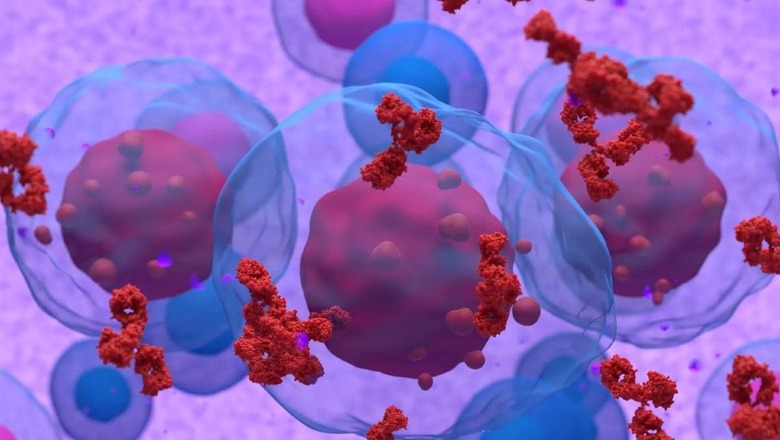
views
Blood cancer is a type of cancer that affects your blood cells and disrupts the normal functioning of your blood cells, impairing the body’s ability to combat infections effectively.
Blood cancer encompasses a variety of types, such as leukaemia, lymphoma, and myeloma. Most blood cancers take root in the bone marrow, where blood cells are produced. These conditions originate from mutations within the DNA of your blood cells, leading to unpredictable bursts of abnormal cell growth.
These genetic changes give rise to abnormal blood cells that sporadically proliferate uncontrollably, disrupting the vital functions of healthy blood cells responsible for defending against infections and producing new blood cells.
TREATMENT OPTIONS:
When it comes to treating blood cancer, a diverse range of options is available, each with its own unique strengths and applications.
CHEMOTHERAPY:
Chemotherapy is a foundational treatment for various blood cancers. It employs potent drugs designed to seek out and obliterate cancer cells. These drugs can be administered in pill form, through an intravenous (IV) drip, or via injections. The goal is to halt the growth of cancerous blood cells.
RADIATION THERAPY:
Utilised primarily for localised blood cancer forms, radiation therapy uses high-energy X-rays or particles in focused bursts to pinpoint and eradicate cancer cells at their source. It is often combined with other treatments, such as chemotherapy, immunotherapy, or stem cell transplantation, to enhance overall therapeutic effectiveness.
TARGETED THERAPY:
Targeted therapy focuses on destroying specific molecules or genes that play a key role in cancer growth. Unlike traditional chemotherapy, targeted therapy minimises collateral damage to healthy cells, resulting in fewer side effects.
IMMUNOTHERAPY:
Immunotherapy, a relatively recent advancement in cancer treatment, empowers your body’s immune system to target and eliminate cancer cells more effectively. This treatment is typically administered through intravenous (IV) medication. It’s particularly promising for certain blood cancers, providing the immune system with the boost it needs to combat the disease.
STEM CELL TRANSPLANTATION:
A remarkable treatment option, stem cell transplantation, often referred to as a bone marrow transplant, replaces damaged or cancerous bone marrow with healthy stem cells. These stem cells can come from the patient (autologous), a relative, or an unrelated donor (allogeneic). This intervention holds the potential to not just manage but potentially cure some blood cancers by restoring a healthy blood cell production system.
In the quest to determine the most suitable blood cancer treatment, a collaborative approach is essential. Doctors, including haematologists, oncologists, and stem cell transplant specialists, work together with patients to tailor a treatment plan that not only combats the disease but also ensures the best possible outcome and quality of life.




















Comments
0 comment